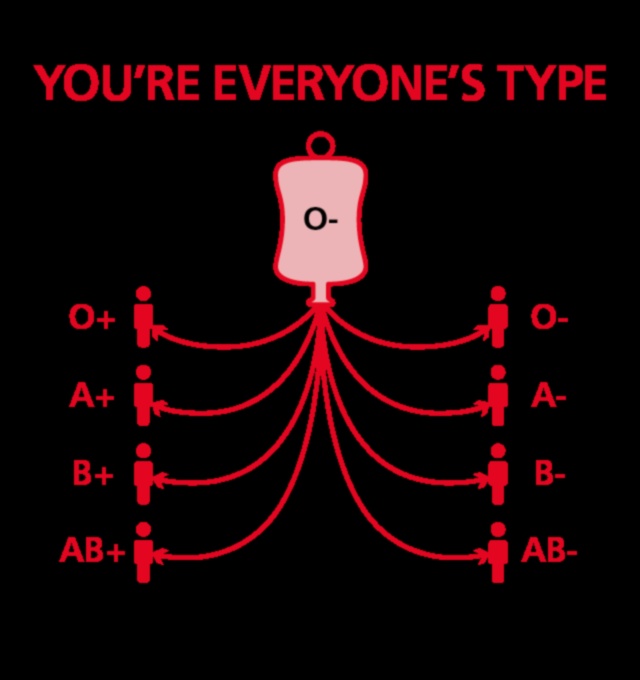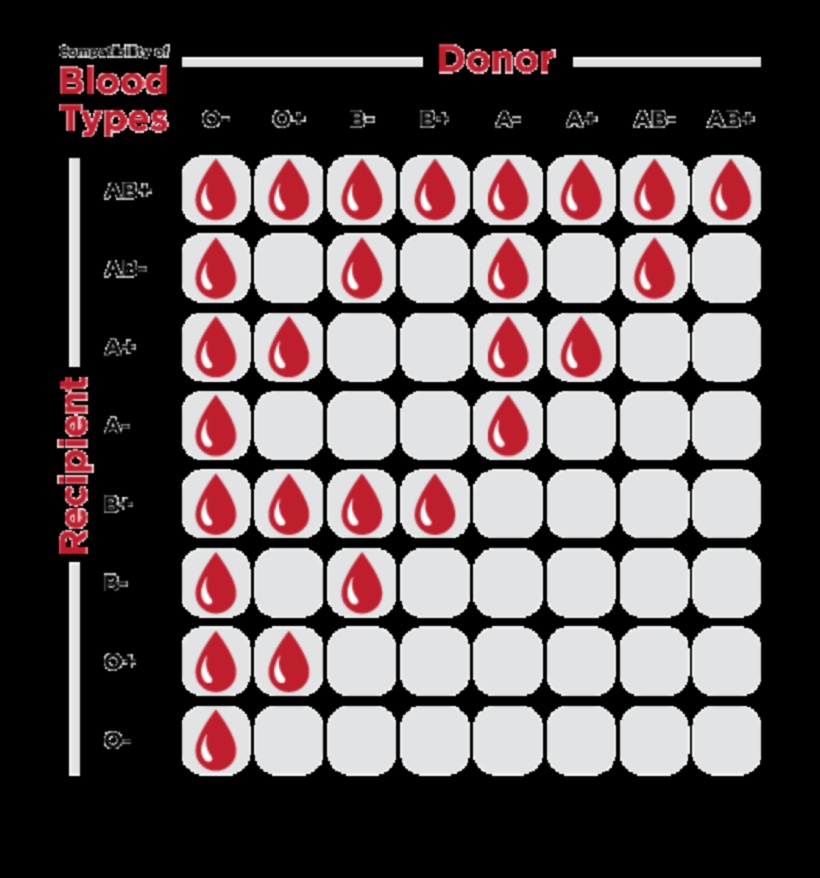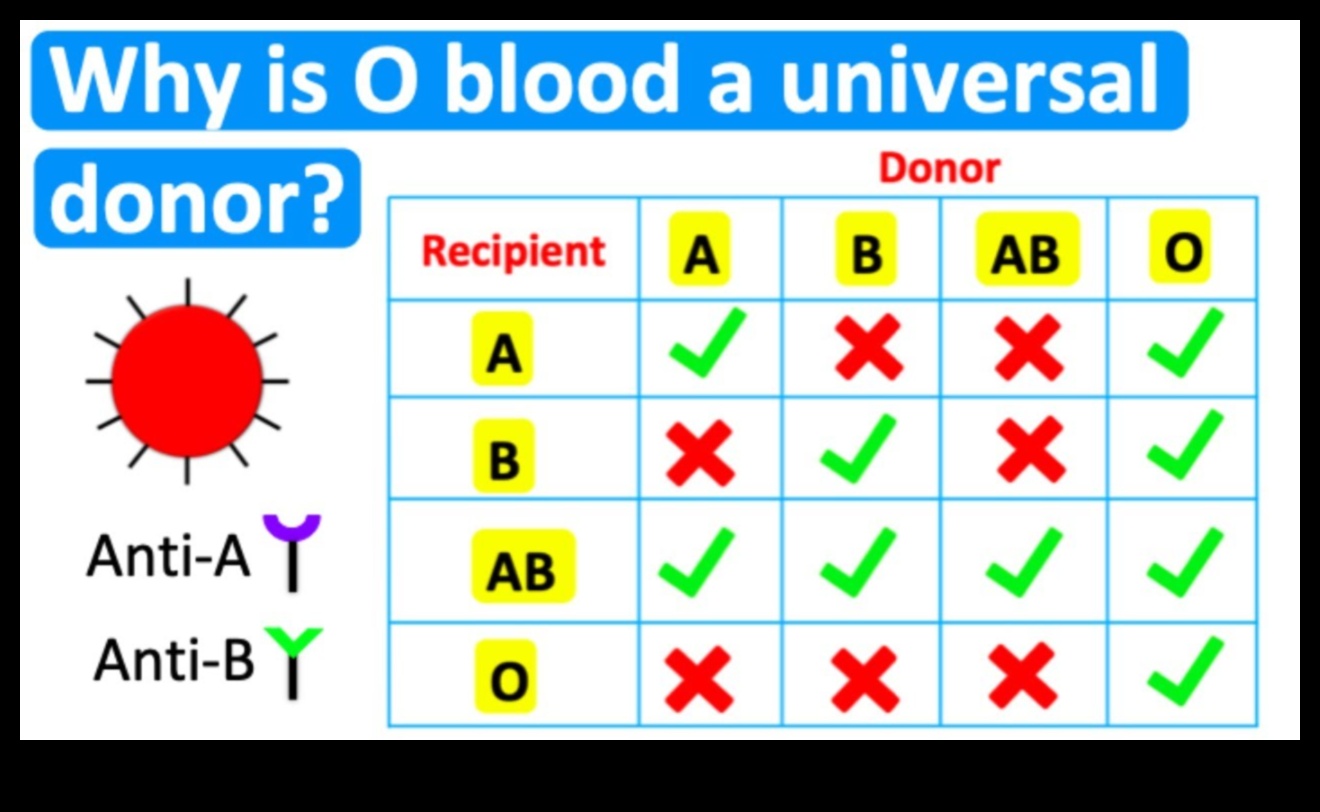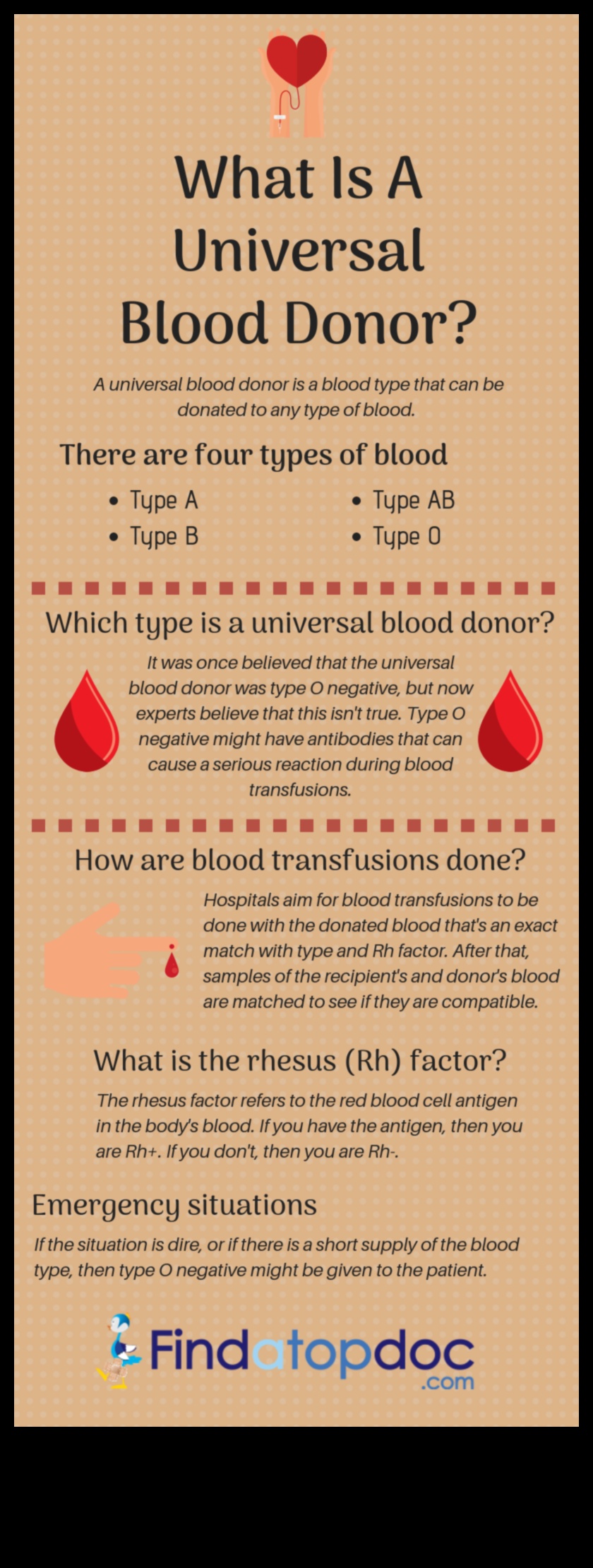 Response format is unexpected.
Response format is unexpected.
Response format is unexpected.
Response format is unexpected.
Response format is unexpected.

II. What is the universal blood type?
The universal blood type is O-negative. This blood type can be donated to people with any blood type, making it the most versatile blood type. O-negative blood is also known as “universal donor” blood.
V. Benefits of having universal blood type
There are several benefits to having universal blood type. These include:
- You can donate blood to anyone, regardless of their blood type.
- You are less likely to experience a reaction to a blood transfusion.
- You are more likely to find a compatible blood donor if you need a transfusion.
Having universal blood type is a valuable asset, and it can help to save lives. If you have universal blood type, you should consider donating blood regularly.

VI. Risks of having universal blood type
There are a few risks associated with having universal blood type. These include:
- Increased risk of blood clots
- Increased risk of iron overload
- Increased risk of autoimmune disorders
It is important to talk to your doctor about the risks and benefits of having universal blood type.
Common myths about universal blood type
There are a few common myths about universal blood type that are important to dispel.
* Myth: Everyone with universal blood type can donate blood to anyone.
* Fact: Only people with type O negative blood can donate blood to anyone. People with type O positive blood can only donate to people with type O positive or O negative blood.
* Myth: People with universal blood type can never receive blood transfusions.
* Fact: People with universal blood type can receive blood transfusions from any blood type, but they may not receive the same benefits as people with other blood types.
* Myth: People with universal blood type are more likely to have blood clots.
* Fact: There is no evidence to support this claim.
* Myth: People with universal blood type are more likely to have anemia.
* Fact: There is no evidence to support this claim.

How to donate universal blood
To donate universal blood, you must meet the following criteria:
- You must be at least 16 years old
- You must weigh at least 110 pounds
- You must be in good health
- You must not have any infectious diseases
If you meet all of these criteria, you can donate universal blood at any blood bank. The process of donating blood is simple and painless. It usually takes about an hour from start to finish.
When you donate blood, you will be asked to fill out a questionnaire about your health history. You will also be given a physical exam to make sure that you are healthy enough to donate blood.
Once you have been cleared to donate blood, you will be given a needle to draw blood from your arm. The blood will be collected in a bag and then tested for any infectious diseases.
After your blood has been tested, you will be given a snack and a drink. You will also be given a certificate of appreciation for your donation.
Donating universal blood is a safe and easy way to help others. It is also a great way to give back to your community. If you are eligible to donate blood, please consider doing so.
There are a number of places where you can donate universal blood. These include:
- Blood banks
- Hospitals
- Community blood drives
- Online blood donation programs
When you donate universal blood, you will be asked to provide your name, address, and contact information. You will also be asked to answer a few questions about your health history. Once your blood is donated, it will be tested for different blood types and antigens. If your blood is found to be universal, it will be made available to patients who need it.
Donating universal blood is a safe and easy way to help others. It is also a great way to give back to your community. If you are interested in donating universal blood, please contact your local blood bank or hospital.
Response format is unexpected.